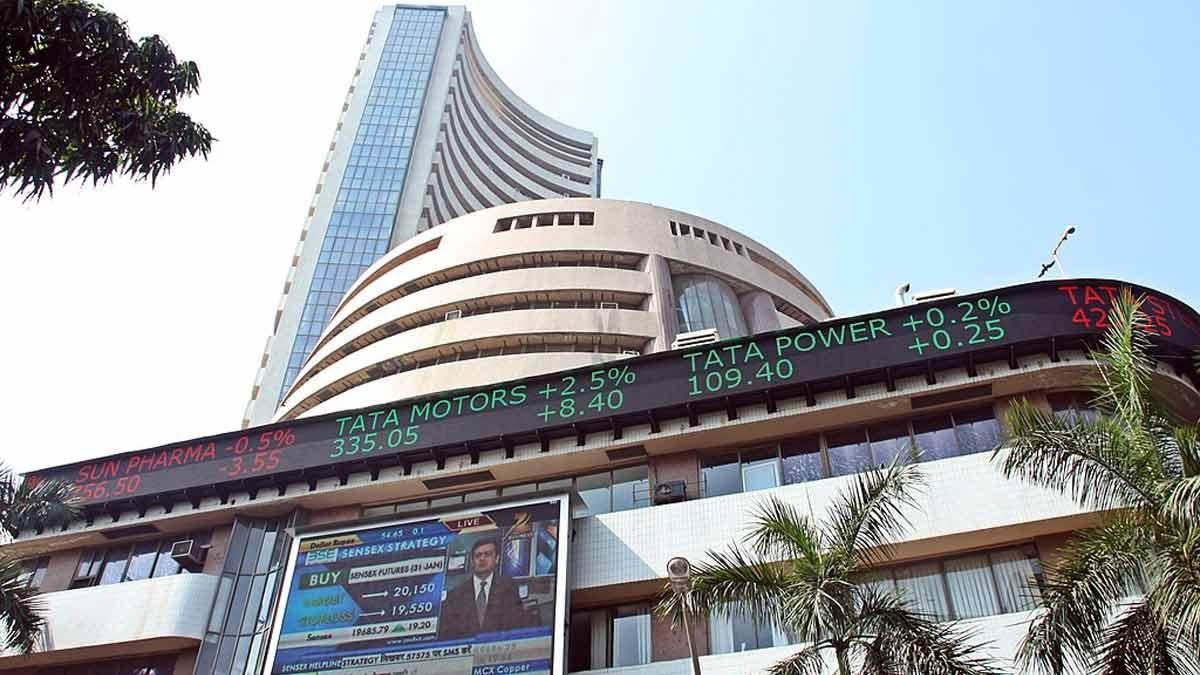The Securities and Exchange Board of India (SEBI) has announced a slew of new measures aimed at curbing speculation in the futures and option (F&O) segment. The move comes as nine out of ten participants have been incurring losses continuously during the last three years. Among the slew of measures SEBI has announced, the minimum contract size for index derivatives has been increased to Rs 15 lakh from the current level of Rs 5 lakh.
Reduced to one per exchange is also introduced by SEBI the weekly index expiry count. This means that one expiry can be offered by the exchanges in a week for one benchmark index.
"To specifically address the problem of excessive trading of index derivatives on expiry day, it has been decided that rationalisation of index derivatives products offered by exchanges which expire on a weekly basis shall be done," SEBI said in a circular. "Consequently, every exchange may provide derivatives contracts for only one of its benchmark indices with weekly expiry," it added.
The market regulator has acted in this regard as the segment had faced major losses from the side of the retail investors.
According to a study recently circulated by SEBI, loss suffered by 1.10 crore traders within the last three years stands at a combined figure of Rs 1.81 lakh crore. Only 7 per cent of the total traders have managed to garner profit.
Though derivatives contracts in benchmark indices like Nifty and Sensex would go up to Rs 15 lakh-Rs 20 lakh from the present Rs 5 lakh-Rs 10 lakh after the new SEBI circular, the impact would be effective only on all new index derivatives contracts introduced after November 20, 2024.
The derivatives market of India has grown several folds over the last couple of years. In July, the paper of SEBI said that the Indian derivatives market has already surpassed the cash market. At present, India accounts for 30 to 50 per cent of total global derivatives trading.
According to the data, cash market turnover of India has doubled since FY 20 to FY 24, while index options turnover increased 12 times during the same period and touched Rs 138 lakh crore in FY 24 as compared to Rs 11 lakh crore in FY 20.
Read also| SEBI Greenlights New Safe Asset Class Within Mutual Fund Framework


















